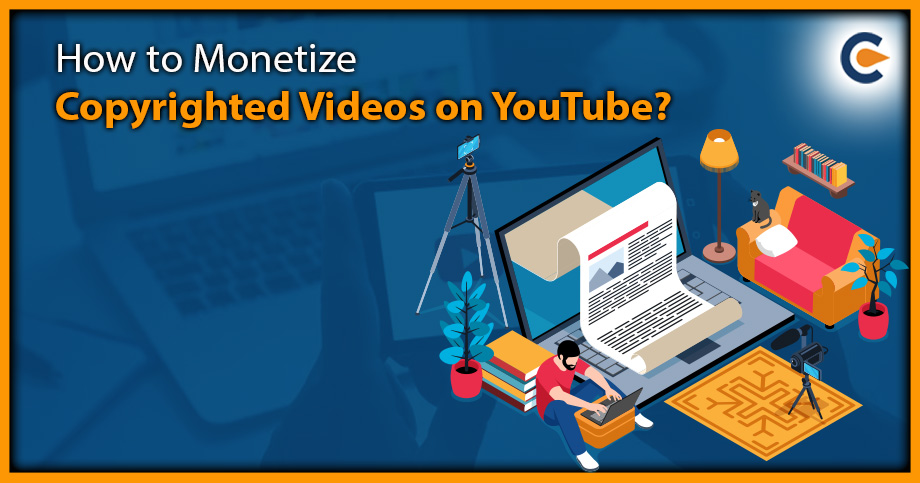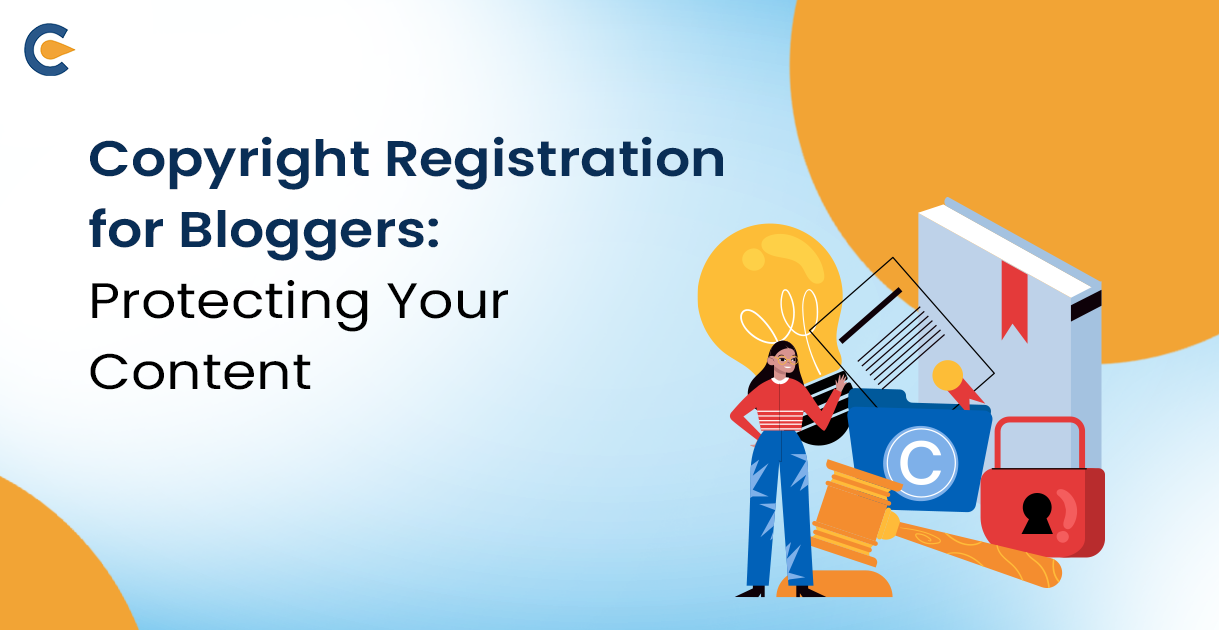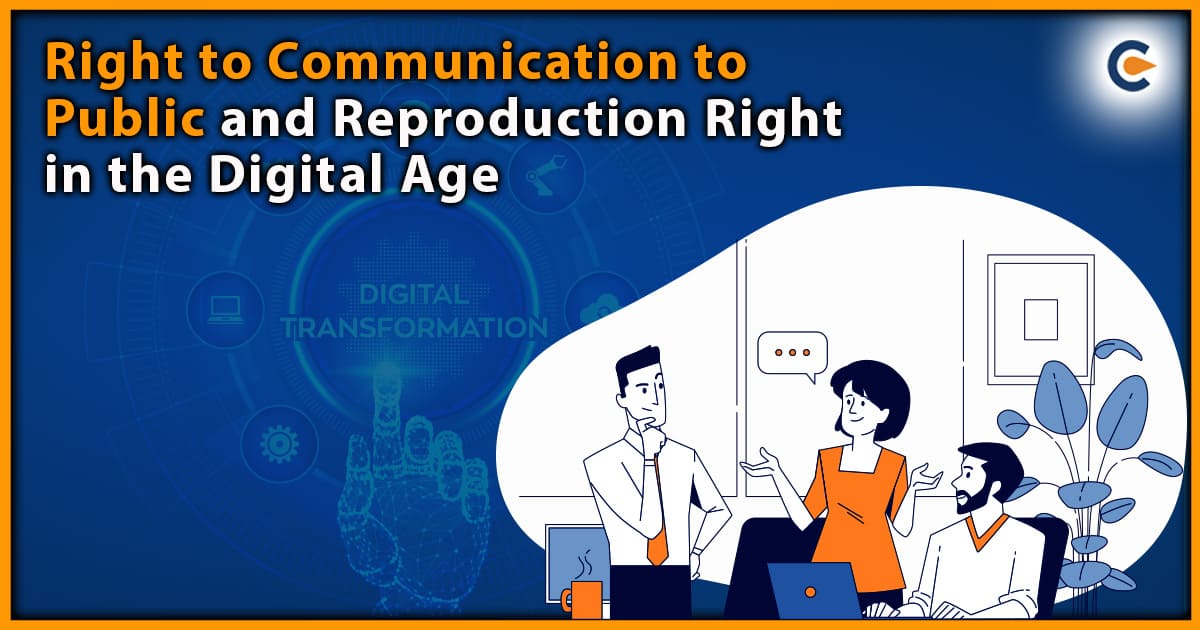Are you a digital creator and bored of using the same royalty-free music on YouTube? Many creators on YouTube struggle to use copyrighted music as background music in their videos. This is because YouTube has stringent policies for copyright violation, and you cannot monetize copyrighted videos if you use any Copyrighted music. To be very frank, there is no shortcut or tips and tricks to resolve this issue. Rather, it is best to understand the copyright policy properly.
Also, we all know that YouTube is a place where we discover many new tracks and songs that someone originally published. Similarly, YouTube is a platform that helps us discover new things and also allows creators to post their original work. Now, how do we determine the content we can use on YouTube and what cannot be used? This is because when a person uploads his original creation on YouTube, they hold certain legal rights. YouTube being an intermediary providing a platform for creators to showcase their talent, also takes the responsibility to protect the original work and restrict others from using the same. Now, let us understand the YouTube Copyright Policy and whether you monetize copyrighted videos.
Legal use of Copyrighted Music on YouTube
Before we discuss how to monetize Copyrighted videos on YouTube lets discuss the legal use of Copyrighted Music on YouTube. You might have seen certain videos on YouTube where people dance on copyrighted songs. For example, you have created a dance video on “Despacito” by Luis Fonsi by singing and dancing on your own. This is legal if you clearly mention the music artist’s name in your video by giving him due credit. Now, what is illegal, if you use the clips of the song in your video and do not even cite sources and make it look like your original work. This is purely unfair and will come under copyright violation. Apart from this, you are also required to understand the licensing policy of YouTube.
Moreover, the policies are different for streaming and downloading. As we know, streaming is free of cost, and we can access millions of songs. Whereas for downloading, you will have to pay a fee.
Copyright and YouTube Claims
If you have a legal claim, YouTube will allow you to use the Copyrighted content on the condition that the copyright holder will have the right to add commercials or ads to your content and earn from them. Moreover, in such instances, you will not be punished for using copyrighted content, but you will not be able to earn money from it.
Is It Legal To Use Copyrighted Music After Giving Credit To The Artist?
Ultimately, providing due acknowledgement to the original authors of freshly released works is crucial. It is normally important to provide adequate remuneration for your use of copyrighted content. However, specifics vary depending on the circumstance.
After all, the majority of musicians rely on residual royalties from other sources of income. You eliminate future chances for collaboration by omitting to acknowledge the creator of your works. On the other hand, crediting the appropriate parties avoids needless disagreement in the future.
However, the likelihood of connecting with important people varies substantially. Sometimes contacting the publisher directly is the simplest course of action. However, you might not have much success if the organization doesn’t have a physical presence in the nation in which you reside.
Feel free to explore the YouTube policies now that you are familiar with the fundamentals. There is a lot to see and hear, ranging from humorous sketches to educational docuseries. In addition, despite what you may think, the deck is stacked against you. Even if you are widely recognized, you can break the platform’s rules if you don’t strictly abide by them. Hopefully, these suggestions were able to clarify the situation. Now you may proceed with whatever project you choose without fear of unintentionally breaching copyrights.
Original content, which is work produced from scratch by a single person or a small group of individuals, has always been a priority on YouTube. However, there are also many producers who, for their own entertainment, remix already-released songs or even entire albums.
While most artists would be pleased to see such kinds of works produced, some musicians don’t want their work to be used by others without their consent. As a result, ad revenue might be hit or miss when someone uploads one of these mashups to YouTube. If no money is made from the music, then at least the artist isn’t getting rich off of their labour.
How to Monetize Copyrighted Videos on YouTube?
It’s likely that you won’t have any issues making money from your videos if you have a channel where all of the videos only use your voice as the narration. However, if you combine voice and instrumental files, add effects, and try to make everything appear “original,” you may break copyright rules.
What does it signify for copyrights[1]? In essence, they safeguard the ownership of intellectual property. In our situation, that means everyone who produces art based on another person’s concepts should be compensated if the work is used elsewhere.
It comes down to two factors: resemblance and purpose. Did you mean to steal from the creator whose work was taken? Then certainly, you could perhaps experience consequences. On the other hand, you would probably be okay if all you wanted to do was replicate the sounds from the original recording while changing just enough things to prevent infringement. Finding out which group you fit into is essential in this situation.
Someone else’s recordings do not instantly become your property just because you edit a video. Take the case of recording a track only using instruments. You could believe it’s okay to upload it online because you didn’t record the vocals. Unfortunately, you cannot take credit for someone else’s artistic contribution just because you are the one who created it. It may violate plagiarism laws.
However, it’s generally acceptable if all you do is copy the melody of a song. Unless you deliberately try to recreate the sound perfectly, you won’t risk losing a lot of money as long as you alter the instrumentation and words just enough to make your version seem new.
Lastly, if you’ve ever watched a movie trailer, you’re probably aware that many directors like to include well-known pop songs right at the end, sometimes just before the credits start to roll. This is done to persuade audiences to return to theatres to see the movie. The use of certain terms is protected and is known as “derivative” usage. Just keep in mind that without first receiving the appropriate licensing from the company producing the movies, you cannot benefit from creating such trailers.
Conclusion
In conclusion, you shouldn’t be concerned if you are motivated by someone else’s work but go above and beyond to improve. You’re okay as long as you weren’t lying on purpose. If not, be prepared to pay royalties.
Read Our Article: How To Use Music On YouTube Without Breaking The Law?











